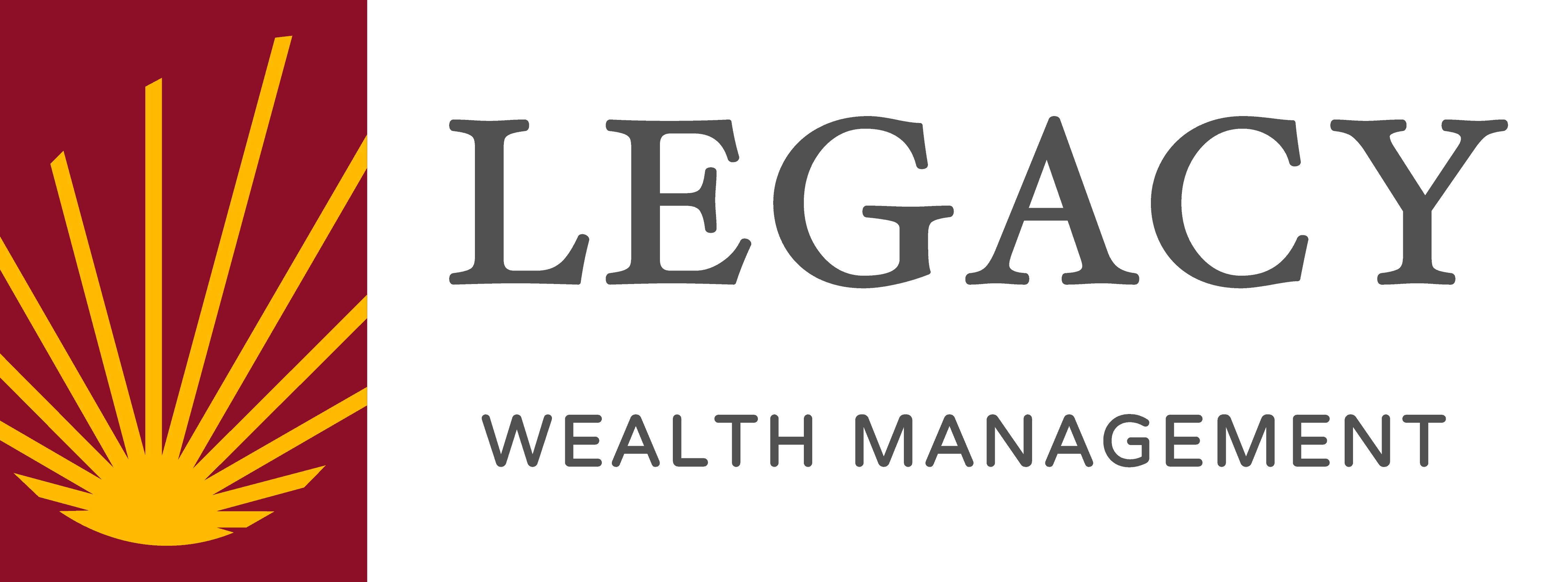As the year winds down and the days grow shorter, fall often invites reflection, not just on what’s changed, but also on what’s next. This year, that reflection takes on new weight for retirees and families following the passage of the One Big Beautiful Bill Act (OBBBA).
Signed into law this summer, OBBBA reshaped the financial landscape, locking in many provisions from the 2017 Tax Cuts and Jobs Act while introducing several new ones that affect how you plan, give, and manage income in retirement.
Whether you’re preparing for retirement, managing RMDs, or thinking about your legacy, fall is an ideal time to review your strategy before December’s deadlines start knocking.
Here are some key year-end planning moves to consider under the new law.
Revisit Your Tax Strategy Under the New Standard Deduction
One of the most immediate impacts of OBBBA is the higher standard deduction: $15,750 for individuals and $31,500 for couples filing jointly in 2025. Retirees 65 and older can claim an additional deduction of up to $6,000 per person, though it begins to phase out at higher income levels.
This change could make itemizing less advantageous for some households. But if you typically give to charity, cover large medical expenses, or pay significant property taxes, “bunching” those deductions into one year may still make sense.
Now is the time to review your tax projection with your CPA or advisor to determine which route, standard or itemized, best supports your goals.
Reevaluate Your Estate and Gifting Plans
OBBBA made permanent a $15 million per-person ($30 million per couple) federal estate and gift tax exclusion, indexed for inflation. That’s a meaningful shift from what was previously scheduled to expire in 2025, and it opens up new opportunities for thoughtful wealth transfer.
If your estate plan hasn’t been revisited in a few years, this fall is a good time to review your gifting strategy, trusts, and beneficiary designations. Even if your estate won’t cross the new threshold, keeping documents up to date helps ensure your wishes are honored and your loved ones are protected.
Adjust Withholding Before the Year Ends
With the new deduction and credit thresholds, many taxpayers may find their withholding no longer aligns with their actual tax liability. If your income has shifted, from portfolio changes, retirement withdrawals, or part-time work, it’s worth checking your W-4 or estimated payments.
A quick adjustment now can help you avoid the twin headaches of a surprise tax bill or an unnecessary refund come spring.
Make Charitable Giving Work Smarter
For retirees taking Required Minimum Distributions (RMDs), charitable giving can still be one of the most powerful tax strategies available. A Qualified Charitable Distribution (QCD) allows you to give directly from your IRA (up to $100,000 per person, per year) while satisfying your RMD and keeping that amount out of your taxable income.
With the standard deduction now higher, itemizing may not yield the same tax break, but a QCD ensures your generosity still translates into real tax savings.
Don’t Forget About Small Business Opportunities
If you’re still running a business or consulting in retirement, OBBBA has good news there too. The bill restores full expensing of qualified equipment and research costs, meaning purchases made before year-end could deliver immediate tax relief.
For pass-through entities, certain deductions have also been made permanent, which may warrant another look at your business structure before you file.
Plan Ahead for 2026 and Beyond
Even though OBBBA made many provisions permanent, no law is ever set in stone. The higher estate tax exemption and expanded credits offer flexibility today, but building a plan that anticipates potential change tomorrow is key.
Use this final quarter to revisit your cash flow projections, tax diversification strategy, and charitable or gifting goals. Year-end isn’t just a time for cleanup; it’s an opportunity to set your course for the year ahead.
Bringing It All Together
Year-end planning is about taking stock—of your finances, your goals, and the legacy you’re building.
At Legacy Wealth Management, we help clients translate legislative changes into practical strategies that align with their broader financial picture. Whether it’s adjusting your tax plan, refining your estate strategy, or making the most of new opportunities under OBBBA, we’re here to help you finish the year with confidence.
Let’s schedule your year-end review and make sure your plan is ready for what’s next.
The information given herein is taken from sources that IFP Advisors, LLC, dba Independent Financial Partners (IFP), IFP Securities LLC, dba Independent Financial Partners (IFP), and its advisors believe to be reliable, but it is not guaranteed by us as to accuracy or completeness. This is for informational purposes only and in no event should be construed as an offer to sell or solicitation of an offer to buy any securities or products. Please consult your tax and/or legal advisor before implementing any tax and/or legal related strategies mentioned in this publication as IFP does not provide tax and/or legal advice. Opinions expressed are subject to change without notice and do not take into account the particular investment objectives, financial situation, or needs of individual investors. This report may not be reproduced, distributed, or published by any person for any purpose without IFP’s express prior written consent.







